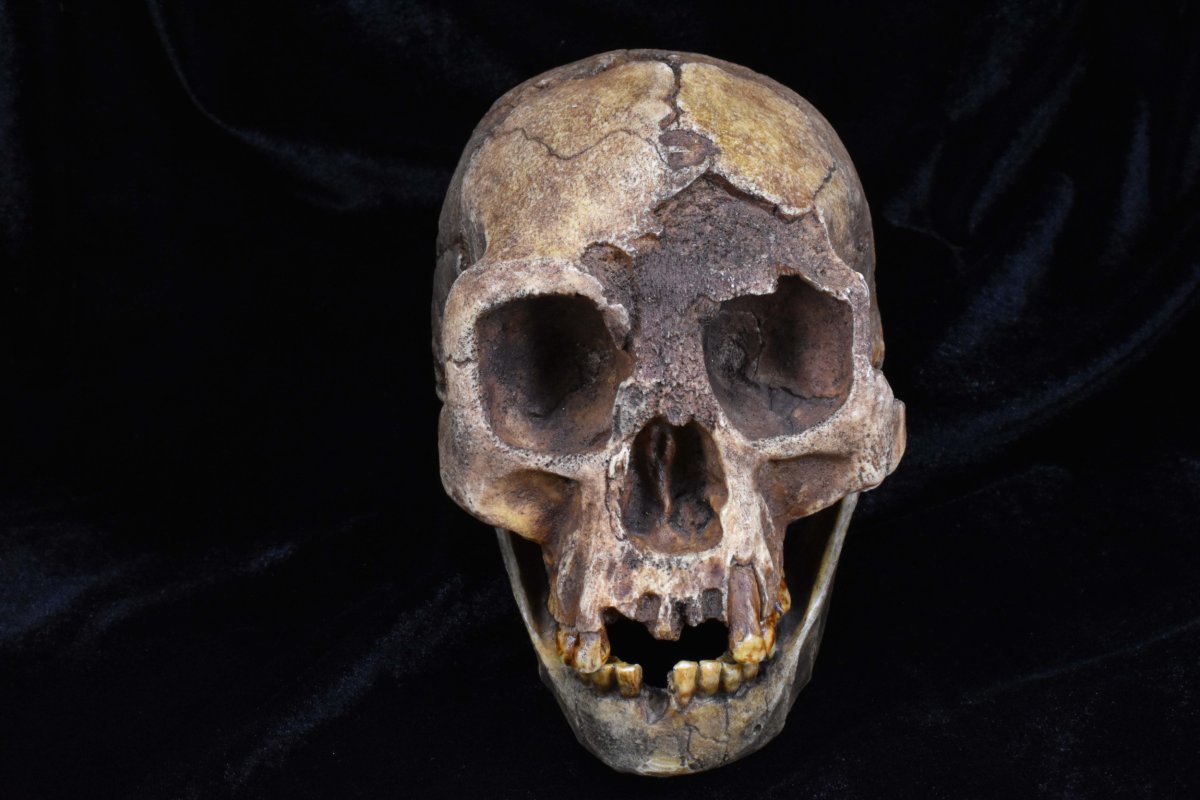Human evolution might be more "bizarre" than we once thought, according to a new study.
In the past, scientists believed that hominin evolution was largely driven by changes in climate. But now, research from the University of Cambridge has suggested that competition was, in fact, fundamental to hominin evolution.
"We have been ignoring the way competition between species has shaped our own evolutionary tree," said lead author Dr. Laura van Holstein, a University of Cambridge biological anthropologist from Clare College. "The effect of climate on hominin species is only part of the story."
Interspecies competition is common among most other vertebrates: in any new environment there is an explosion of species evolution as each species adapts to fill a particular niche. However, once all the niches are filled, competition kicks in and this explosive evolution flatlines.

"The pattern we see across many early hominins is similar to all other mammals," van Holstein said. "Speciation rates increase and then flatline, at which point extinction rates start to increase. This suggests that interspecies competition was a major evolutionary factor."
Your Morning Starts Here
Begin your day with a curated outlook of top news around the world and why it matters.
By clicking on SIGN ME UP, you agree to Newsweek's Terms of Use & Privacy Policy. You may unsubscribe at any time.
However, when van Holstein studied the evolution of our own genus, Homo, things started to get much more peculiar.
"The more species of Homo there were, the higher the rate of speciation," she said. "So when those niches got filled, something drove even more species to emerge. This is almost unparalleled in evolutionary science."
In other words, it appears as if competition between different Homo species actually drove the evolution of even more Homo species—a complete reversal of what we would expect to see based on the evolution of most other vertebrates.
So why is our evolutionary tree so weird?
Well, according to van Holstein, it probably has something to do with our use of technology.
"Adoption of stone tools or fire, or intensive hunting techniques, are extremely flexible behaviors," van Holstein said. "A species that can harness them can quickly carve out new niches, and doesn't have to survive vast tracts of time while evolving new body plans."
This ability to use technology allowed our ancestors to compete for space and resources across different niches, which is likely what drove their explosive evolution. This superior tool use may have also contributed to the rise of Homo sapiens and the eventual extinction of all other species of Homo.
"These results show that, although it has been conventionally ignored, competition played an important role in human evolution overall," van Holstein said. "Perhaps most interestingly, in our own genus it played a role unlike that across any other vertebrate lineage known so far."
Uncommon Knowledge
Newsweek is committed to challenging conventional wisdom and finding connections in the search for common ground.
Newsweek is committed to challenging conventional wisdom and finding connections in the search for common ground.